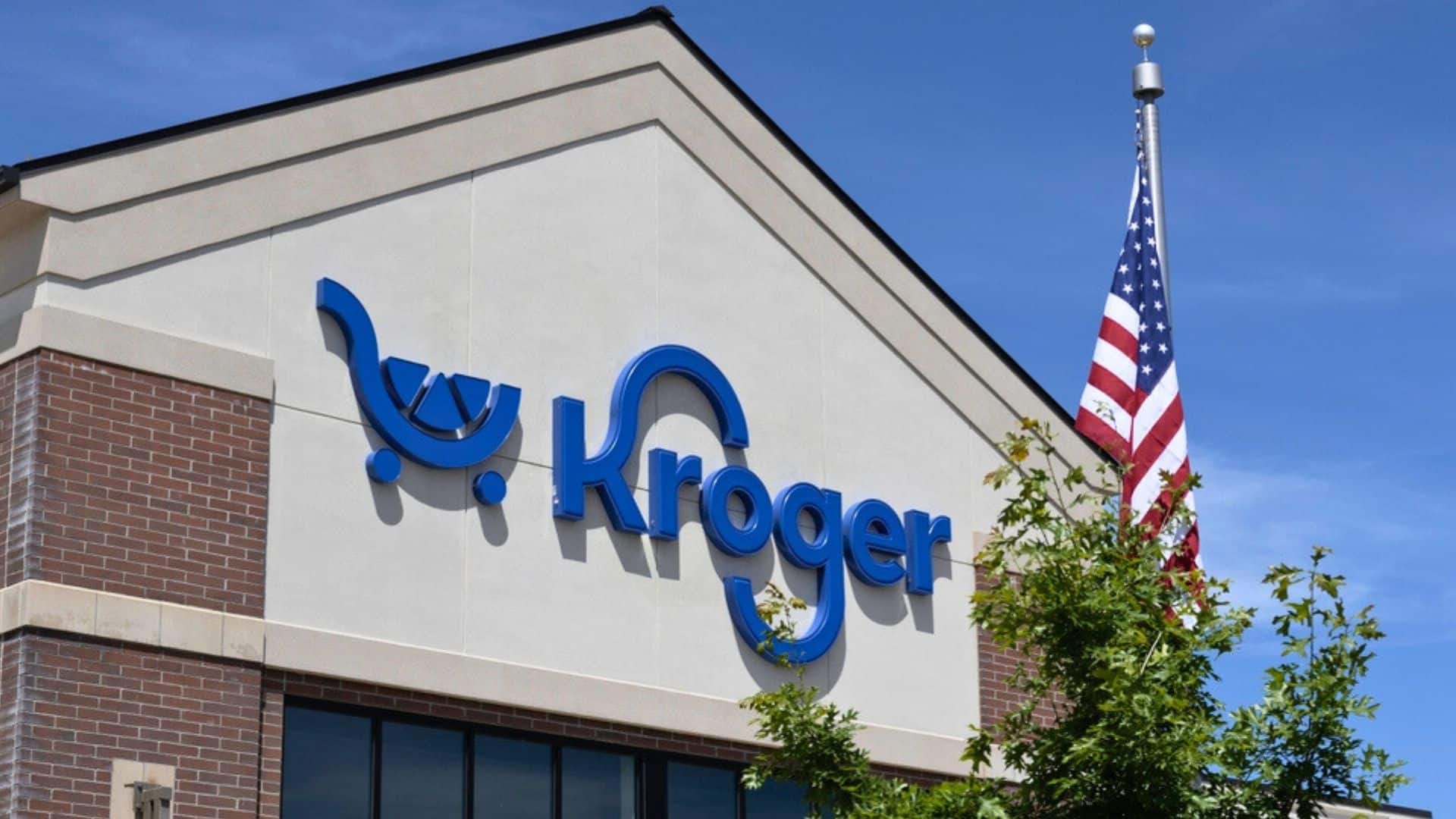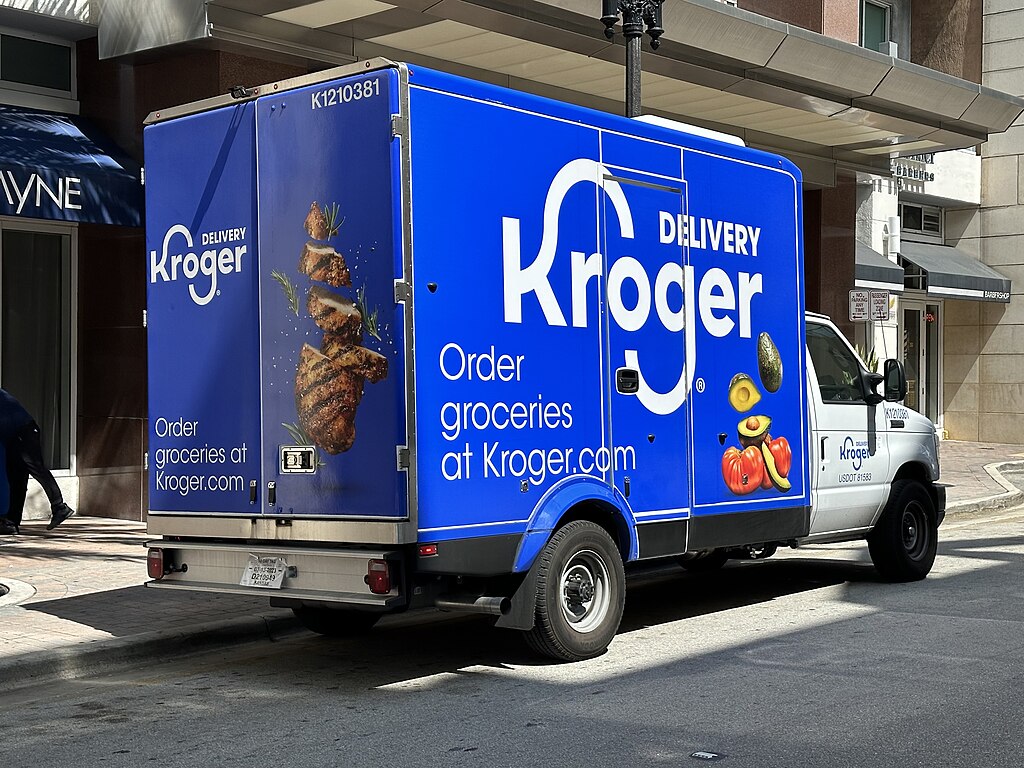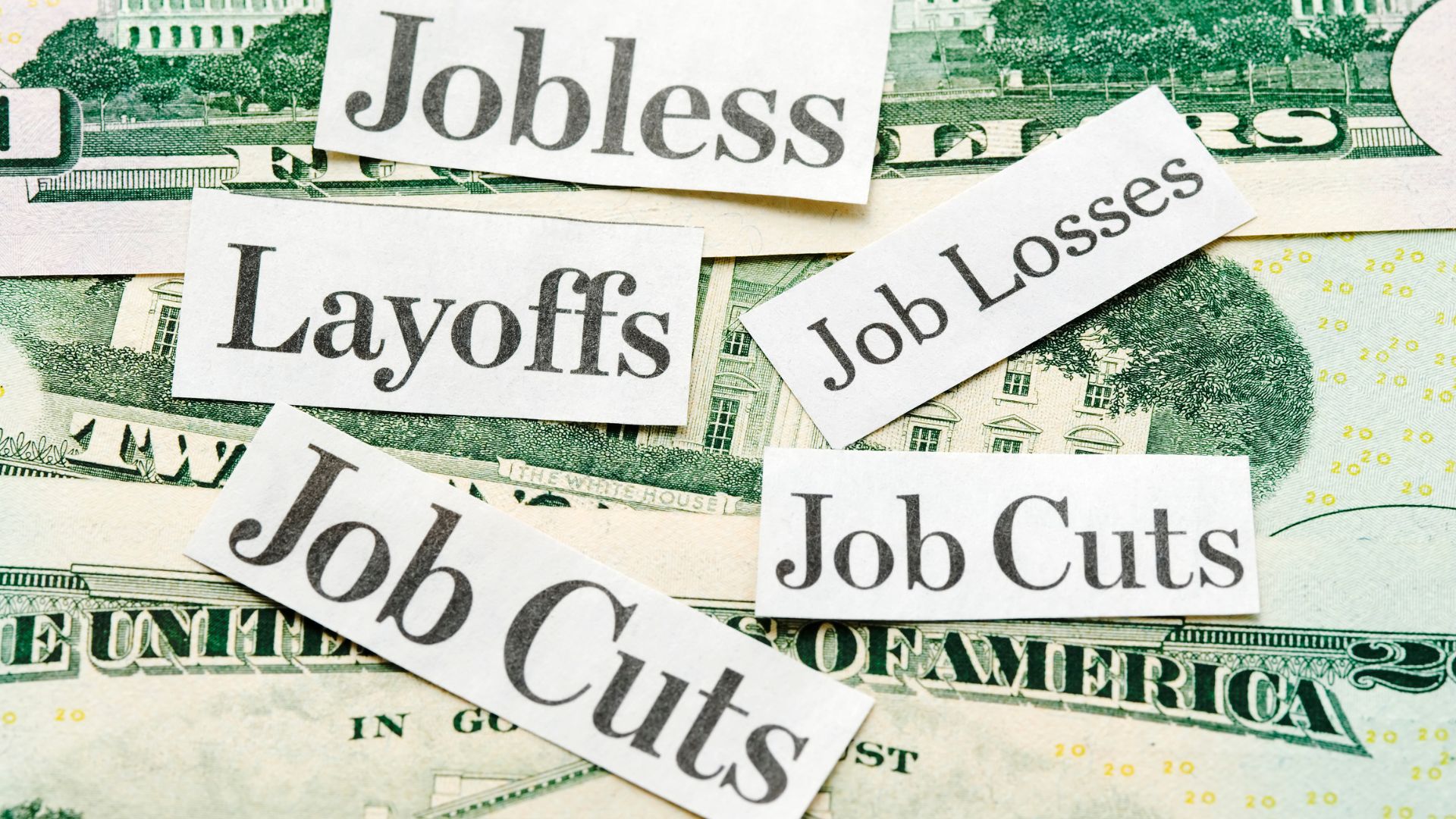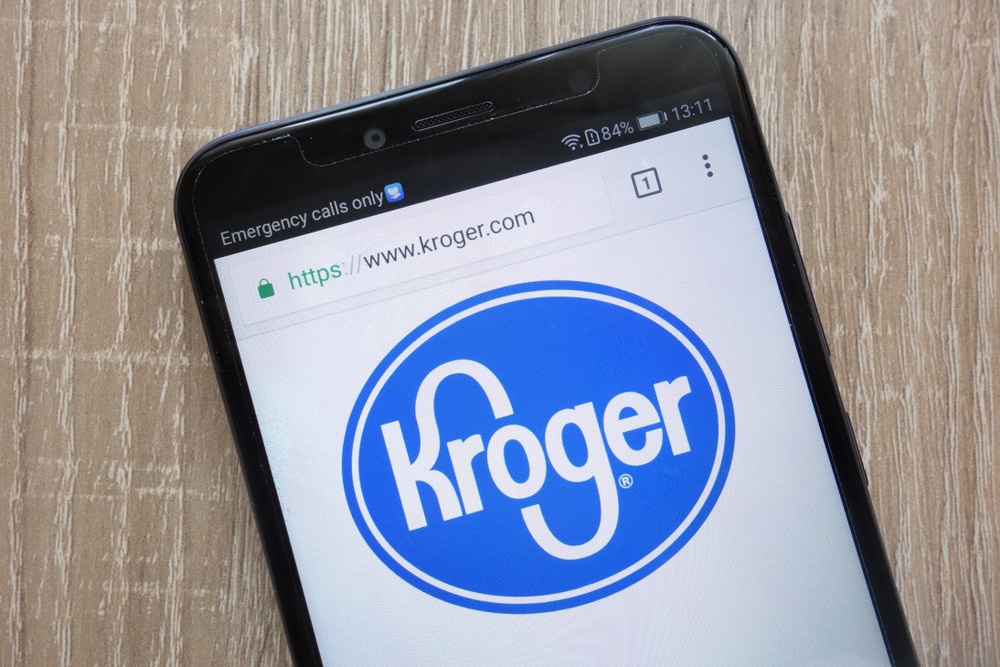Kroger Faces Nationwide Closures: 60 Stores and 10,000 Workers Gone


Kroger, the largest supermarket chain in the United States, has announced plans to close 60 stores nationwide over the next 18 months, impacting as many as 10,000 workers.
The move comes amid a sweeping restructuring effort designed to cut underperforming locations, reduce costs, and reinvest in more profitable regions, a decision drawing both investor praise and worker concern.
A Restructuring of Scale

The closures will affect roughly 2% of Kroger’s 2,700 stores, according to the company’s first-quarter 2025 earnings report. Locations targeted for shutdown were described as “unprofitable” or “no longer aligned with long-term growth goals.” In a statement, Kroger said the move will allow the grocer to “streamline operations and improve efficiency” after several years of uneven regional performance.
Leadership Shake-Up and Strategic Shift

The decision follows a leadership shake-up earlier this year. In March 2025, longtime CEO Rodney McMullen resigned after an internal ethics investigation, with Ron Sargent, former Staples CEO, stepping in as interim leader. During a June 20 earnings call, Sargent told investors that Kroger “reviewed areas not meaningful to our future growth” and concluded that certain closures would “position the company for future success”, as reported by USA Today.
The Financial Calculus

Kroger’s SEC filing shows that the closures will incur a $100 million impairment charge but are expected to generate “a modest financial benefit” over the next fiscal year. The company reported $45.1 billion in first-quarter sales, slightly above projections, and reaffirmed its full-year profit outlook. According to the filing, savings from the closures will be reinvested into customer experience initiatives, store renovations, and digital expansion.
Impact on Workers

The closures are expected to affect between 9,000 and 10,000 workers, based on typical store staffing levels. Kroger stated that employees at shuttered locations will be offered roles at other stores, but union advocates warn these transfers often mean reduced hours, longer commutes, or loss of seniority rights. Labor attorneys from Employees First Labor Law note that while Kroger remains compliant with federal notification laws, “job relocation is not the same as job security”.
Regional Breakdown

Kroger hasn’t released a full list of affected locations, but reports show closures spanning Texas, the Southeast, the Midwest, and the Pacific Northwest. Houston stores at Hammerly Plaza and Echo Lane are among the first to go, alongside several Fred Meyer branches in Washington. In total, the shutdowns represent about 2% of Kroger’s national footprint, marking one of the company’s most extensive retrenchments in years
The Human and Community Cost

For many communities, Kroger isn’t just a grocery store — it’s a neighborhood anchor. In smaller towns, closures could create “food deserts,” limiting access to affordable produce and essentials. Local governments may also face reduced tax revenues and secondary job losses from surrounding businesses that depend on Kroger’s customer base. Labor groups argue that such decisions highlight the tension between corporate efficiency and community stability.
What Kroger Says Comes Next

Despite the downsizing, Kroger says it remains focused on growth. The company plans to open 30 new stores and expand its digital shopping, delivery, and pickup infrastructure. In a report by Fox Business, Interim CEO Sargent described the move as “a realignment, not a retreat,” emphasizing investments in automation, data analytics, and logistics technology to strengthen Kroger’s long-term competitiveness.
Union and Legal Reactions

Unions and employment lawyers have criticized the timing of the announcement, which follows two rounds of layoffs earlier this spring involving corporate and logistics employees. Employees First Labor Law notes that while Kroger’s decision may please shareholders, “the closures come at a steep cost for workers and communities who helped build the company’s success”.
Rebuilding Trust Amid Change

Kroger insists the closures are part of a strategy to adapt to shifting consumer trends and rising operational costs. Still, for thousands of workers and affected neighborhoods, the path forward is uncertain. As the company redirects investments toward e-commerce and high-growth regions, its ability to balance profitability with community presence may determine whether this restructuring strengthens or fragments America’s largest grocery network.
